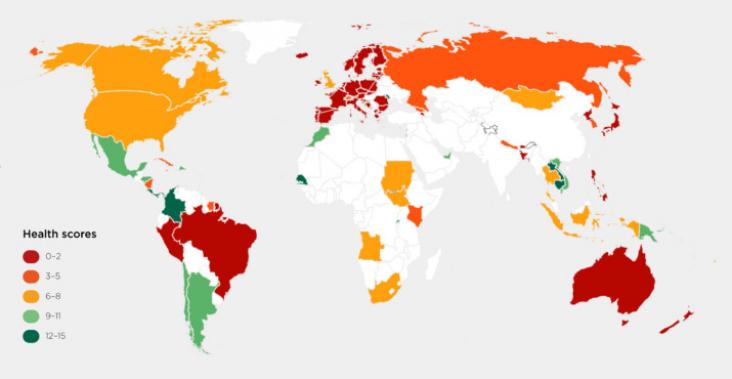

Martin Siegert, Fabio Florindo, Laura De Santis, Tim R. Naish, Chapter 13 - The future evolution of Antarctic climate: conclusions and upcoming programmes, Editor(s): Fabio Florindo, Martin Siegert, Laura De Santis, Tim Naish, Antarctic Climate Evolution (Second Edition), Elsevier, 2022, Pages 769-775, ISBN 9780128191095, https://doi.org/10.1016/B978-0-12-819109-5.00005-0.

COP26 is the 2021 United Nations annual climate change conference. COP stands for Conference of the Parties.
Current Opinion in Environmental Sustainability, Volume 50, Pages A1-A8, 1-318 (June 2021)
